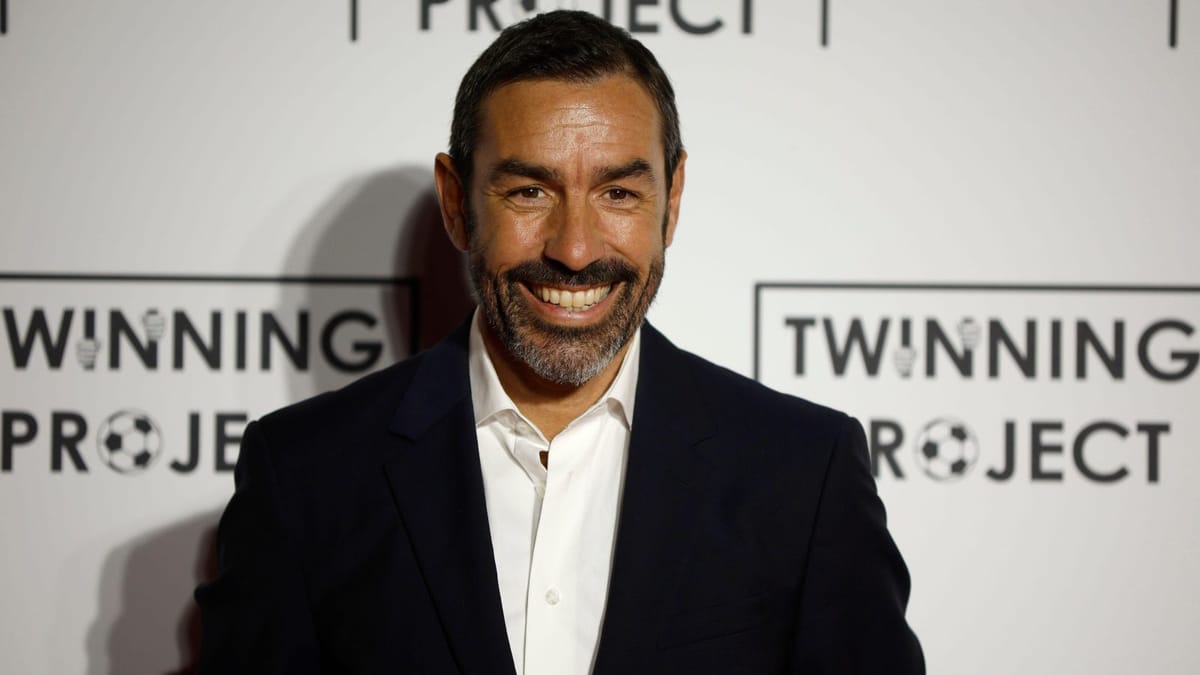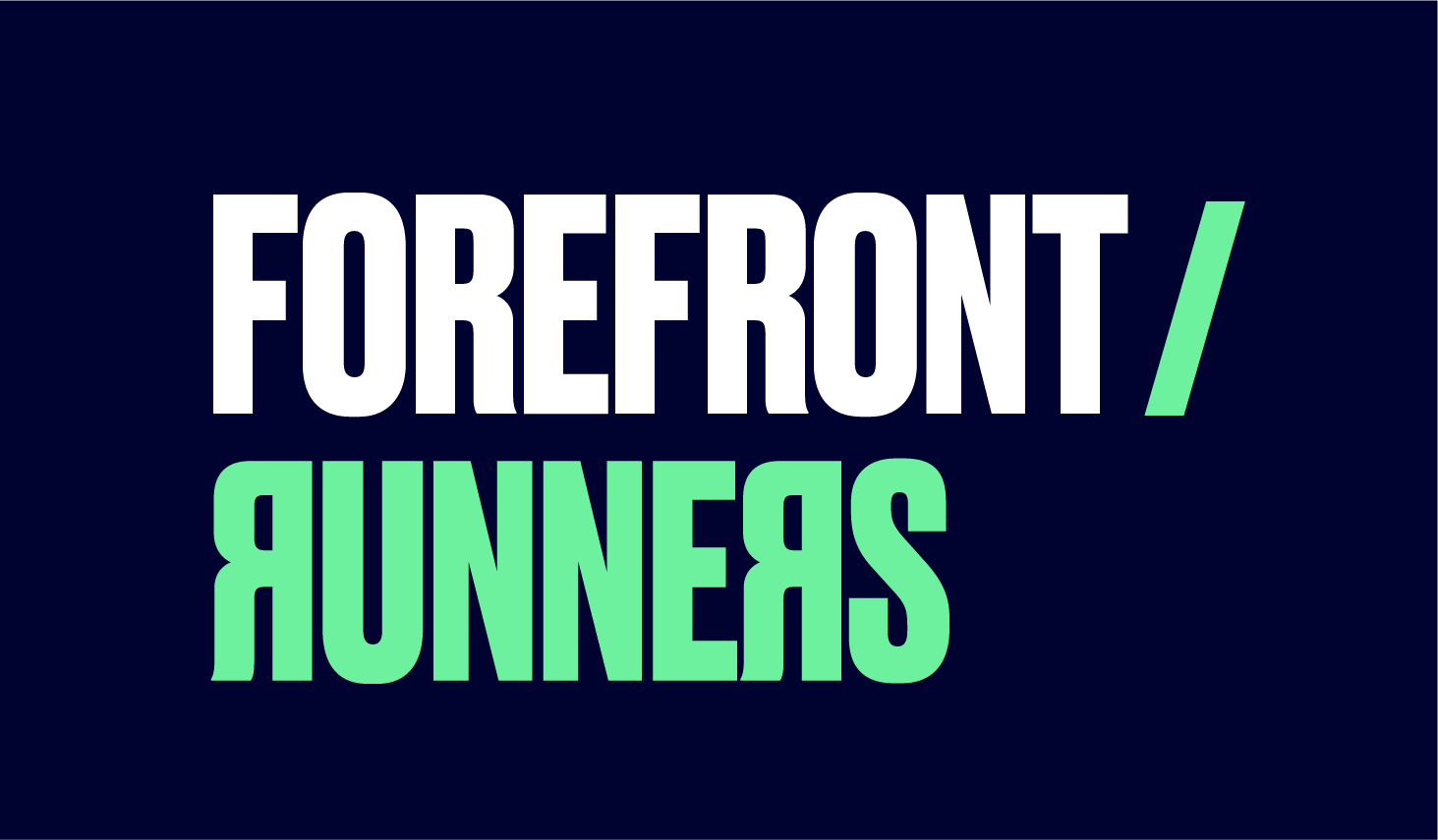Finding Life After Football: Key Takeaways for Athletes.

Transitioning from a career in professional sports to life after retirement is a challenging journey that many athletes struggle to navigate. The story of Robert Pires, former Arsenal star and World Cup winner with France, provides valuable insights into the complexities of this transition and offers key takeaways for athletes facing similar challenges.
The Emotional Challenge of Letting Go
For Robert Pires, retiring from football was an emotional struggle. "You don’t want to say stop because I had been playing for 19 seasons and football meant everything to me," he reflects. This sentiment is common among athletes whose identity and life purpose are closely tied to their sport. The initial step is to acknowledge the emotional impact of retirement and understand that it's a normal part of the process.
Key Takeaway: Accept and Process the Emotional Impact
- Recognize the emotional challenges of retirement.
- Allow yourself time to process and grieve the end of your playing career.
- Seek support from family, friends, or professionals to help navigate these feelings.
The Importance of Early Preparation
Pires’ transition was eased by the guidance of Stéphane Ehrhart, a career transition expert for UEFA. Ehrhart emphasizes the importance of planning ahead. "When you are playing it’s the best job in the world...you aren’t thinking about life after football," Pires says. Athletes often focus solely on their sports careers, neglecting to prepare for life beyond the game.
Key Takeaway: Start Preparing Early
- Begin thinking about retirement well before it happens.
- Explore interests and potential career paths outside of sports.
- Engage in educational opportunities and develop new skills while still playing.
Practical Guidance and Education
Ehrhart's book, The Footballer’s Guide: Optimising Your Career on the Pitch and Beyond, addresses the practical aspects of transitioning out of a sports career. It includes advice on financial management, life planning, and maintaining physical and mental health. These resources are crucial for athletes to make informed decisions about their future.
Key Takeaway: Utilize Available Resources
- Read books and guides on career transition tailored for athletes.
- Attend workshops and seminars on financial literacy and career planning.
- Seek advice from career transition experts and mentors.
Addressing Physical and Social Changes
Retirement brings significant changes in daily routine, physical activity, and social interactions. Athletes like Pires miss the camaraderie of the locker room and the structure of training. These changes can impact physical health and mental well-being.
Key Takeaway: Maintain Physical and Social Well-Being
- Stay active through regular exercise and participation in sports.
- Cultivate new social networks and stay connected with former teammates.
- Engage in activities that provide a sense of purpose and fulfillment.
Financial Prudence and Planning
Pires advises young players to be mindful of their finances. "Money goes very fast...you need to prepare for this," he warns. Financial stability post-retirement requires careful planning and sensible investments during one's playing career.
Key Takeaway: Practice Financial Responsibility
- Create a financial plan that extends beyond your playing career.
- Invest wisely and seek professional financial advice.
- Live within your means and plan for long-term financial security.
Reinventing Identity and Finding New Passions
Post-retirement life can feel like an identity crisis for many athletes. Pires found solace in his role as a pundit and ambassador, as well as playing in charity matches. Finding new passions and roles can help athletes reinvent their identity and find purpose beyond sports.
Key Takeaway: Discover and Pursue New Passions
- Explore different career opportunities and hobbies that interest you.
- Consider roles in coaching, mentoring, or media related to your sport.
- Stay engaged with the sport through various capacities to retain a sense of connection.
Robert Pires’ experience highlights the multifaceted challenges of transitioning from professional sports to life after retirement. By accepting the emotional impact, preparing early, utilizing resources, maintaining physical and social well-being, practicing financial responsibility, and finding new passions, athletes can navigate this transition more smoothly. The journey is undoubtedly challenging, but with the right approach and support, life after sports can be fulfilling and rewarding.
Source: The Guardian
